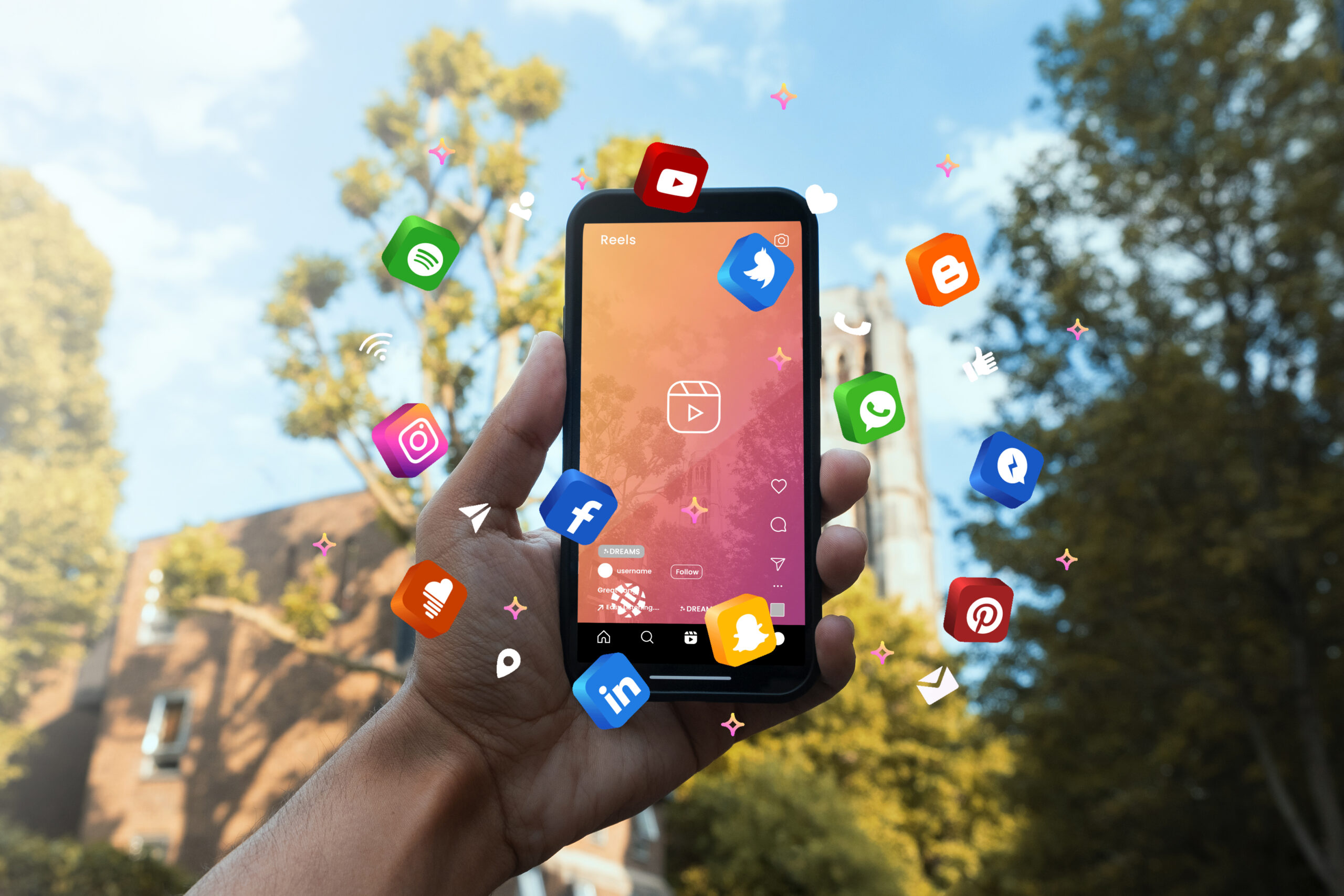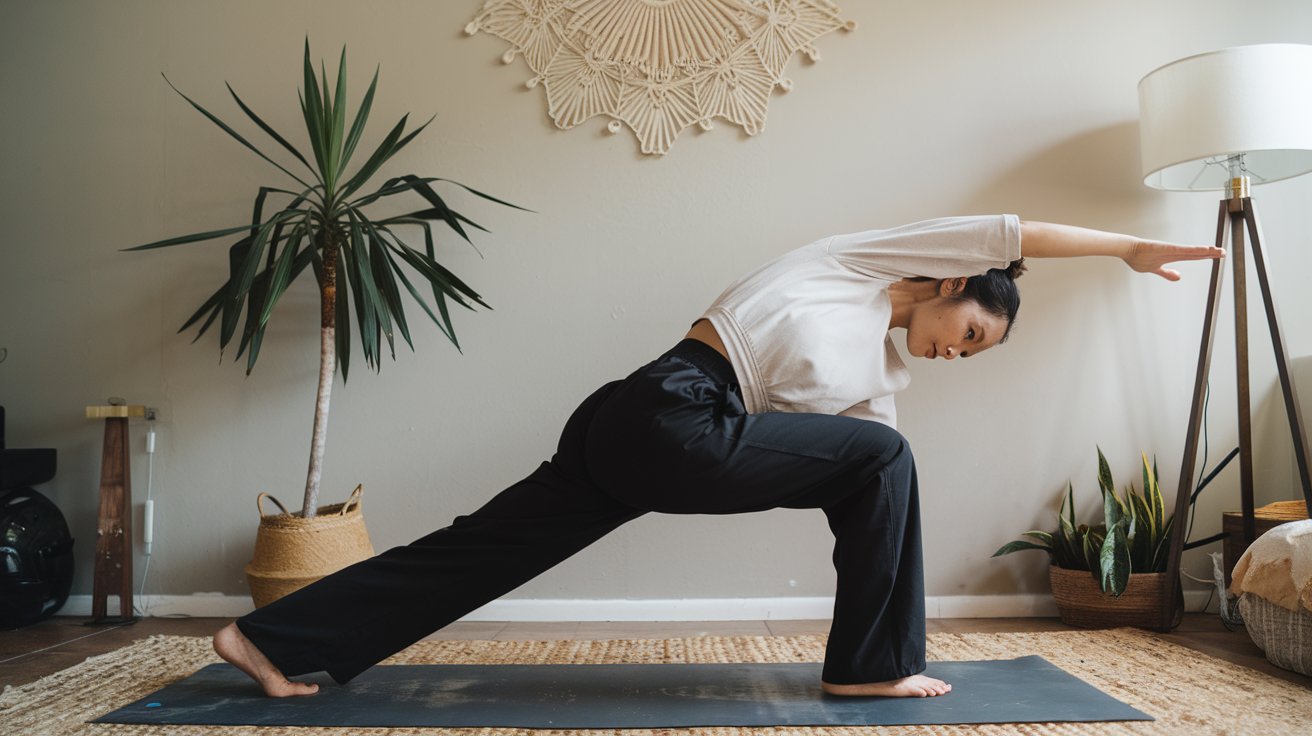
The digital realm has become an integral part of everyday life, but managing one’s relationship with social media is increasingly seen as essential for mental well-being. Matt Bell, a professor of creative writing, has taken a novel approach by discarding “barrier apps” that limit screen time. Instead, he organizes his apps into folders marked with a green check for productive tools like Kindle and Audible, and a red flag for distracting platforms like TikTok. This move aligns with a growing trend of finding personal solutions to mitigate the overwhelming presence of social media.
Many individuals have been contemplating their relationship with social media, often fantasizing about quitting it altogether. The idea is not without merit, as people search for alternatives or replacements that fulfill the same needs in a healthier manner. Leigh Stein and Meredith Fineman, both authors, advocate for a “Tech Sabbath,” a designated time to abstain from technology completely. Similarly, Arthur C. Brooks, co-host of a podcast with Oprah, delegates control of his social media accounts when he feels overwhelmed. These strategies reflect a broader desire to reclaim control over one’s digital life.
Embracing Technology Breaks
For some, taking a break from technology can significantly improve mental well-being. Kevin Roose, a technology columnist, shared his experience of reducing phone usage, resulting in a healthier relationship with it. Candice Lim, co-host of Slate’s ICYMI podcast, emphasizes the importance of setting boundaries and maintaining balance in her social media interactions.
Others, like Liz Moody, author of “100 Ways to Change Your Life,” focus on specific routines to maintain discipline. Moody avoids scrolling through social media immediately after waking up or before going to bed, highlighting the importance of starting and ending the day without the influence of digital noise. Moody also juggles two Twitter accounts—one professional and another for personal amusement—demonstrating a conscious separation between work and leisure online.
John Malouff, a professor of behavioral science, supports the notion that taking breaks from social media can be beneficial. His research suggests that stepping back from the digital environment allows individuals to engage more fully with their real-world surroundings and relationships.
The Challenges of Social Media
The allure of social media is undeniable, but it can also lead to negative experiences such as “hate-following” or maintaining connections with people no longer relevant in one’s life. The author of this exploration has confronted these challenges by unfollowing influencers who contributed to dissatisfaction and discontent. This decision underscores the importance of curating one’s online environment to foster positivity.
While the idea of quitting platforms like Facebook has crossed many minds, some users recognize its advantages, such as staying connected through groups or remembering birthdays. The key lies in identifying what truly benefits one’s life and finding ways to access those elements without succumbing to the pitfalls associated with excessive use.
Finding Balance in a Connected World
In an effort to naturally reduce phone usage, many individuals are turning to activities that draw them away from screens. Engaging in reading more books, practicing yoga, or exploring restorative exercises are just some examples of pursuits that enrich life offline. These activities provide fulfillment that digital interactions may lack.
The journey towards achieving a healthy relationship with technology is deeply personal and varies from one individual to another. Some find solace in structured breaks, while others manage their digital consumption through careful organization and self-imposed boundaries. Regardless of the method chosen, the underlying goal remains consistent: to cultivate a balanced existence where technology serves as a tool rather than a master.
Featured Image by freepik





Leave a Reply